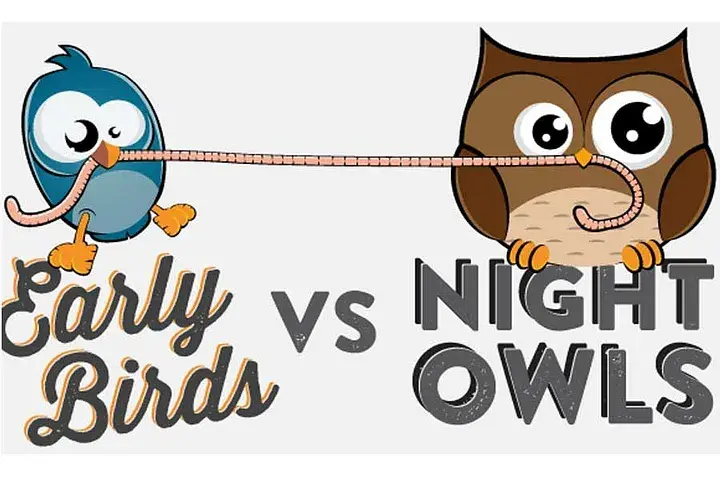Are you tired of spending too much money on breakfast? Do you want to save some cash and still get your day started off right? According to a recent article published by the Wall Street Journal, skipping breakfast can be a money-saving hack. But is it really worth it? Let’s explore the reason behind the controversial news for “To Save Money Skip Breakfast” together.

What is Controversial about ‘To Save Money Skip Breakfast’?
The idea of skipping breakfast to save money may sound interesting to many but received backlash from many health experts, nutritionists, and the public.
Critics argue that skipping breakfast can have adverse health effects and not be a sustainable financial strategy in the long term. After all, health is wealth.
The topic has started a discussion of how personal finance and health intersect. It has caused people to reexamine their spending patterns and think about more sensible approaches to budgeting.
The Controversial Money-Saving Hack:
This is an interesting fact that an average American spends approximately $1,200 per year on breakfast alone. The article suggests that the price of breakfast staples has seen sharp increases due to a storm of bad weather, outbreaks of disease, and the continued effects of Russia’s invasion of Ukraine.
The article is less concerned about what sustenance readers should forgo for financial well-being and more about how several breakfast staples are dealing with inflation.
Backlash from Early Birds and Night Owls Alike:
However, the article has drawn criticism from both early birds and night owls alike, with many people sharing screenshots of it on Twitter and discussing its optics.

American professor, author, lawyer, and political commentator Robert Reich also weighed in on the debate, saying in a short Twitter thread that industry near-monopolies are actually partly to blame for higher prices and should shoulder the burden instead of individuals.
The Potential Risk of Skipping Breakfast:
Before using skipping breakfast as a way to save money, it’s important to consider its potential risk. Skipping breakfast may not be the best option due to its potential negative effects on health.
If you skip your breakfast you may be feeling hungry and sluggish throughout the day. This will make you harder to concentrate at work or school, and may even lead to overeating later on.

Skipping breakfast can slow down your metabolism, making weight loss harder.
Other Ways to Save Money:
If you’re looking for ways to save money, there are plenty of other options available. For instance, you can try meal prepping or cooking at home instead of eating out.
You can also consider buying generic brands or shopping at discount stores. Another option is to cut down on unnecessary expenses like subscriptions or memberships that you don’t use frequently.
In a Nutshell
In a nutshell, skipping breakfast can make your wallet fatter. But remember, it’s not a one-size-fits-all deal. Money saved is great, but don’t let your health suffer. Whether you choose to skip breakfast or savor every morning bite, just make sure you’re making informed choices. After all, financial wisdom is about balancing your money and your muffin cravings.
FAQs
Q: Is skipping breakfast really a good way to save money?
A: Skipping breakfast may seem like a simple way to cut down on food expenses, but it’s essential to consider the possible disadvantages. When you skip breakfast, you may feel hungry and lethargic all day, making it tough to focus on your work or studies. Moreover, skipping breakfast may cause your metabolism to slow down, which can make it more challenging to shed weight.
Q: What are some other ways to save money besides skipping breakfast?
A: There are plenty of other ways to save money besides skipping breakfast. For instance, you can try meal prepping or cooking at home instead of eating out. You can also consider buying generic brands or shopping at discount stores. Another option is to cut down on unnecessary expenses like subscriptions or memberships that you don’t use frequently.
Q: Why has the Wall Street Journal’s article sparked backlash?
A: The recent article published by The Wall Street Journal has received criticism from both morning people and night owls. Many individuals believe that skipping breakfast is not a healthy or sustainable approach to saving money. Furthermore, some people feel that the high prices are due to industry monopolies and that these companies should bear the responsibility instead of putting the burden on individuals.


4 thoughts on “The Controversial Money-Saving Hack! “To Save Money Skip Breakfast””